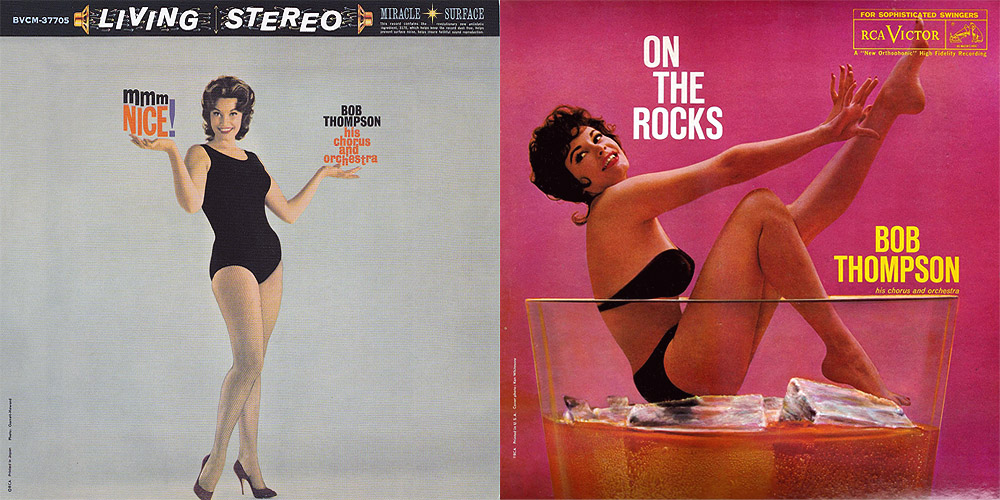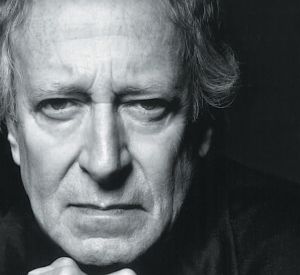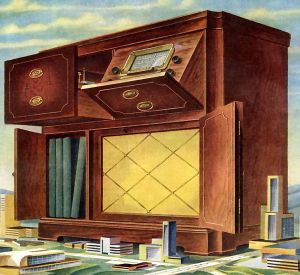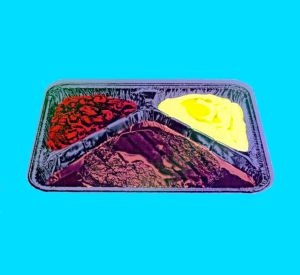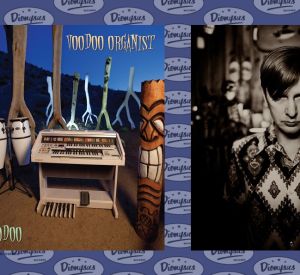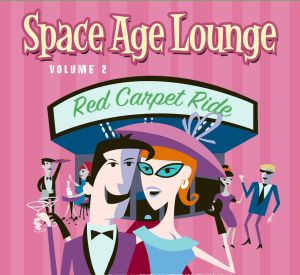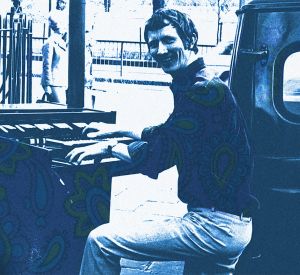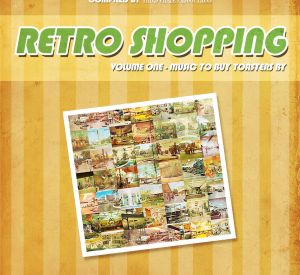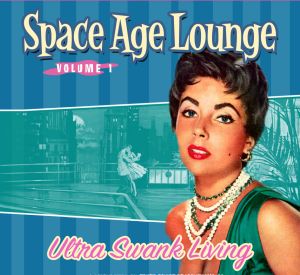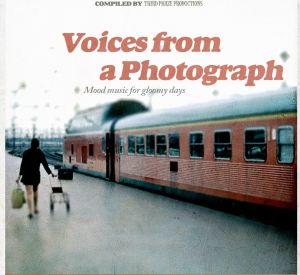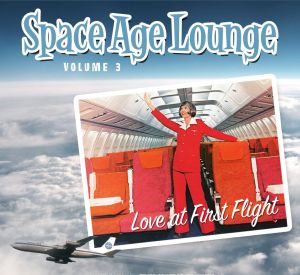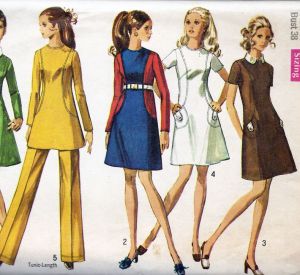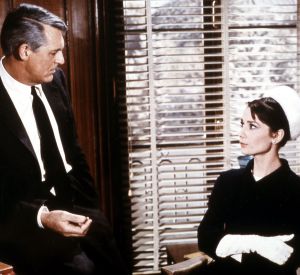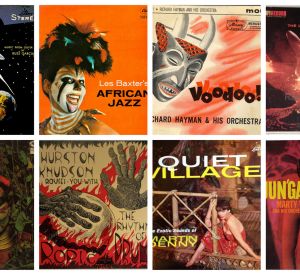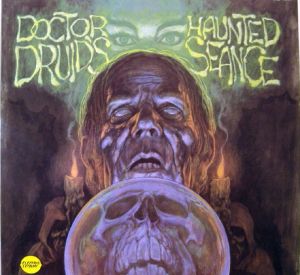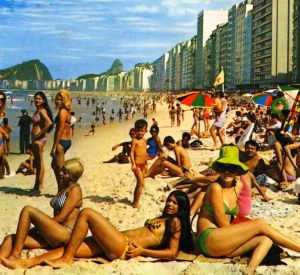Remembering Bob Thompson – A Pioneer of Space Age Music
This morning I woke to the sad news of the passing of Bob Thompson. A composer, arranger, and orchestra leader who scored film and television soundtracks, and wrote commercial jingles. He was a leading exponent of Space Age Bachelor Pad Music. This experimental orchestral music became hugely popular in the 1950s and 1960s as a result of the home stereo systems that had become popular.
Today an email came in from music historian Irwin Chusid who wrote to me with confirmation of his passing.
“I spoke with Bob’s wife Paula last week and she said Bob passed away on May 21. She had told me a month or two ago that his health was declining and he was not expected to last long. I have been Bob’s publisher and ad hoc manager for the past 17 years, and for the past four years I’ve dealt only with Paula since Bob moved to a nursing home.”
Not so long ago on The Cocktail Nation radio show I spoke to Bob’s son Spencer about the re release of the album “The Speed Of Sound” and here’s a portion of the interview which will be available in full in my upcoming book Koop Kooper’s Cocktail Nation The Interviews Part 2.
The music for the album “The Speed Of Sound” was composed and arranged by Bob Thompson and was recorded in Italy by the Orchestra Dei Concerti di Roma. It was conducted by Paul Baron. “The Sound of Speed” has recently been rereleased on vinyl through Sundance Records. Spencer Thompson stopped by to talk to us.
Thompson: Thank you for your time Koop.
Kooper: Can we start from the beginning? I understand your father started as an arranger for a radio station in the early ’40s. He also had very little formal training musically, which is pretty amazing.
Thompson: Yeah, it kind of was an unusual education. He started listening to radio as a bunch of those people did when Duke Ellington came on the scene, and became very inspired by that. He played in jazz bands, and then when he moved to San Francisco he was arranging, they used to have an orchestra that accompanied various radio shows, and he did arrangements for that in the early ’40s. And after that, he started basically being an apprentice with a Berklee professor for arranging, and they would meet monthly or weekly and so he never went to Berklee Music School, but he did, while he was working, study with this Professor Denny. So that was the education.
Kooper: That’s really quite incredible. He obviously had a lot of natural talent, I gather, which is, when you think about it, for somebody to not go through the usual avenues is really quite amazing. He must have had an incredible ear?
Thompson: Yeah, he did. Also I can say that like some musicians, he’s completely absorbed by music all the time, so he’s always working on it and always thinking about arrangements and melodies. So it was more than … he gave so much attention to it that I suppose that’s how it happened.
Kooper: Now, of course he spent seven years with the radio arranging the music there, and of course eventually that dried up as more recorded performances became more common on radio, and then headed off to LA. Which was really quite amazing, because most of the top session musicians seemed to be all living there. They all seemed to accumulate either in New York or LA in those days after that work dried up. And what happened then?
Thompson: Then he was a struggling musician. Lived in a garage in Hollywood. Played at a piano bar. Played in jazz pickup bands. Eventually he did more and more arranging and got the attention of people at RCA, and that was around ’58 or ’59. So he took a long time, those didn’t come out until … the RCA ones until he was in his early-30s, so he spent a lot of time still struggling.
Kooper: And how did the Bachelor Pad type albums – like “Just For Kicks”, “One The Rocks”, “Mmm Nice!” – how did they all come about? I mean, obviously his love of arranging brought him there, but were these things that perhaps RCA kind of wanted to have on their catalogues?
Thompson: Absolutely. The interesting thing about it is this is popular music before rock and roll, and after the Andrew Sisters and all that kind of stuff. So this was meant to be mass-marketed music. My dad wanted to be the best jazz pop arranger in the world, that was basically his drive. And I think he wormed his way into the top five in that category.


